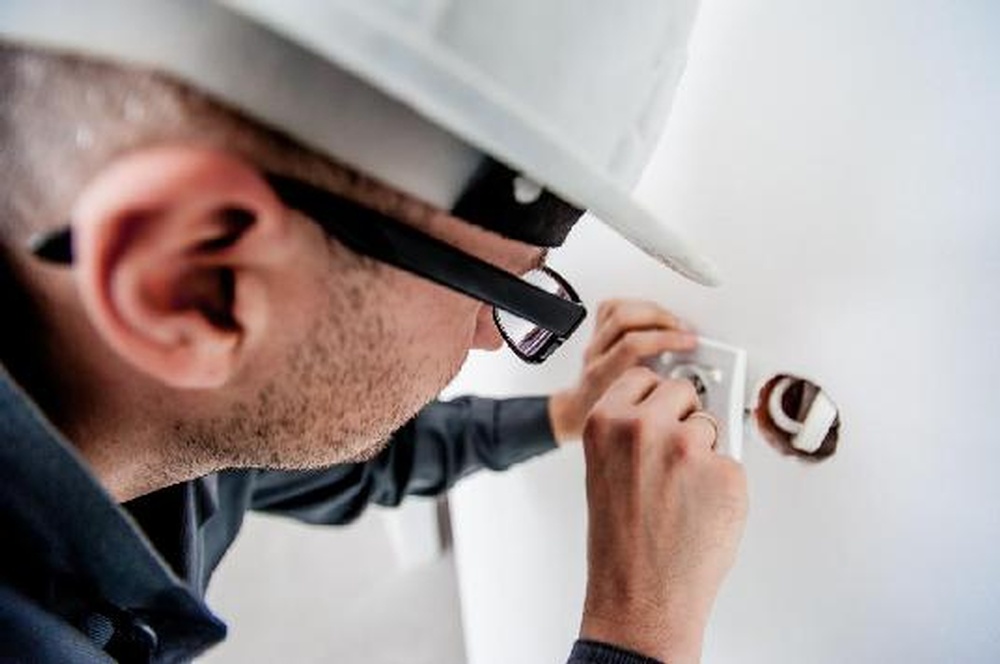How to Get Ready for a Home Inspection

Deciding that you want to sell your property is only half the equation. The other half, and often the harder part, is actually readying your house for sale. Among other things, that means getting ready for a home inspection.
A home inspection can be a rough, emotional experience. Be that as it may, it’s a necessary factor in getting your sale to go through. That’s why it’s important to prepare yourself adequately for it.
Readying yourself for the inspection will help prevent future problems. Prevention can thwart off surprises. The last thing you want is for the home inspector to cause damage or break a fixture because you weren’t ready.
What do inspectors usually look at?
According to the National Home Inspector Association, inspectors have a whopping 1,600-item checklist. Clearly, a home inspection is no quick once-over.
Below are some areas that a home inspector will look at:
- Electrical: Proper electrical panels and working light switches and outlets.
- Plumbing: Drains flow properly; water has proper temperature and pressure.<
- Bathrooms: Toilets flush properly, showers spray, and tubs are securely fastened.
- Kitchen: Proper venting, no leaks under the sink, and cabinet doors and drawers operate properly.
- Interior rooms: Water-stained ceilings, adequate insulation, and sufficient heating vents.
- Window, doors, trim: Rotting frames, peeling caulk, damaged glass.
- Exterior: Rot or cracks; bowing or dents in vinyl; flaking or blistering paint; adequate clearing between siding and earth.
- Roof: Defects in shingles, flashing, and fascia; loose and hanging gutters; defects in chimneys and skylights.
- Structure: Foundation integrity, rotting or out-of-plumb window and door frames.
- Grounds: Standing water, faulty grading, sick or dying trees, and shrubs, crumbling paths and walls.
How can you get ready?
Here are some tips from TacomaPMC.com to help you prepare for a home inspection:
1. Prepare repair documents.

Produce all documents and invoices regarding new items or remodeling projects. If you have repaired a leaky faucet, installed a new dishwasher or upgraded the electrical from ungrounded to grounded, find the paperwork.
The buyer’s mind will be at peace knowing those items were re-inspected.
2. Leave keys for outbuildings and electrical boxes.
Leave a key for exterior building access. Unlock the covers for your sprinkler system and electrical box. Leave the remote controls for your garage door opener or a key if the garage is unattached to the house.
3. Trim your trees.

Look at the overhanging vegetation at your property. Low-hanging or unhealthy branches could fall onto the roof. Rodents can gain easy access to your chimney and other openings.
Trees could also invite moss and lichen to take hold, thereby prematurely shortening the life of the roof.
4. Get the bugs out.
Do you see a steady line of ants near your home? Or perhaps a lot of carpenter bees hanging around?
Any sort of infestation – particularly of insects like termites that destroy wood– will show up on your inspection report.
5. Check cracks.
Even if a crack isn’t a big issue on some basement window, it’ll still show up in your report. So, if your home has any cracked windows or broken screens, you may want to fix them before the inspector comes.
6. Observe grading.
It’s a good idea to slope dirt away in flowerbeds and other areas that come in contact with your foundation, even if there’s no evidence of water entering your home.
So, check to see that the earth slopes away from your home versus toward it to avoid basement water issues.
7. Mind your monitors.

Ensure your carbon monoxide and smoke alarms are in good working order. Look at the expiration dates and test before the inspection day. Every level of your home should have a smoke alarm – the basement included.
Also, ensure you have at least one carbon monoxide in your home.
8. Clear access.
If the inspector cannot gain access, the affected areas will be left out of the inspection report, raising questions for your buyers. So ensure access to critical areas of your house is clear.
Make it easy to access under sink plumbing work and back access, as well as any areas blocked off by storage and the like. Also, think about your attic door, air conditioning units, hot water heater, furnace, electrical box, and any other possible locked spaces.
9. Ensure last-minute preparations for your inspection.

- Leave a sketch identifying the location of a well or septic tank
- Remove dishes from the sink and dishwasher
- Take laundry out of the washer and dryer
- Make sure utilities are on Turn on pilot light for gas-fired appliances, including the water heater
- Take pets with you
- Plan to leave your home an hour early
A home inspection can, in 99% of the time avoid a messy real estate deal. By following these 9 home inspection tips,you can be sure to sell your homein record time.